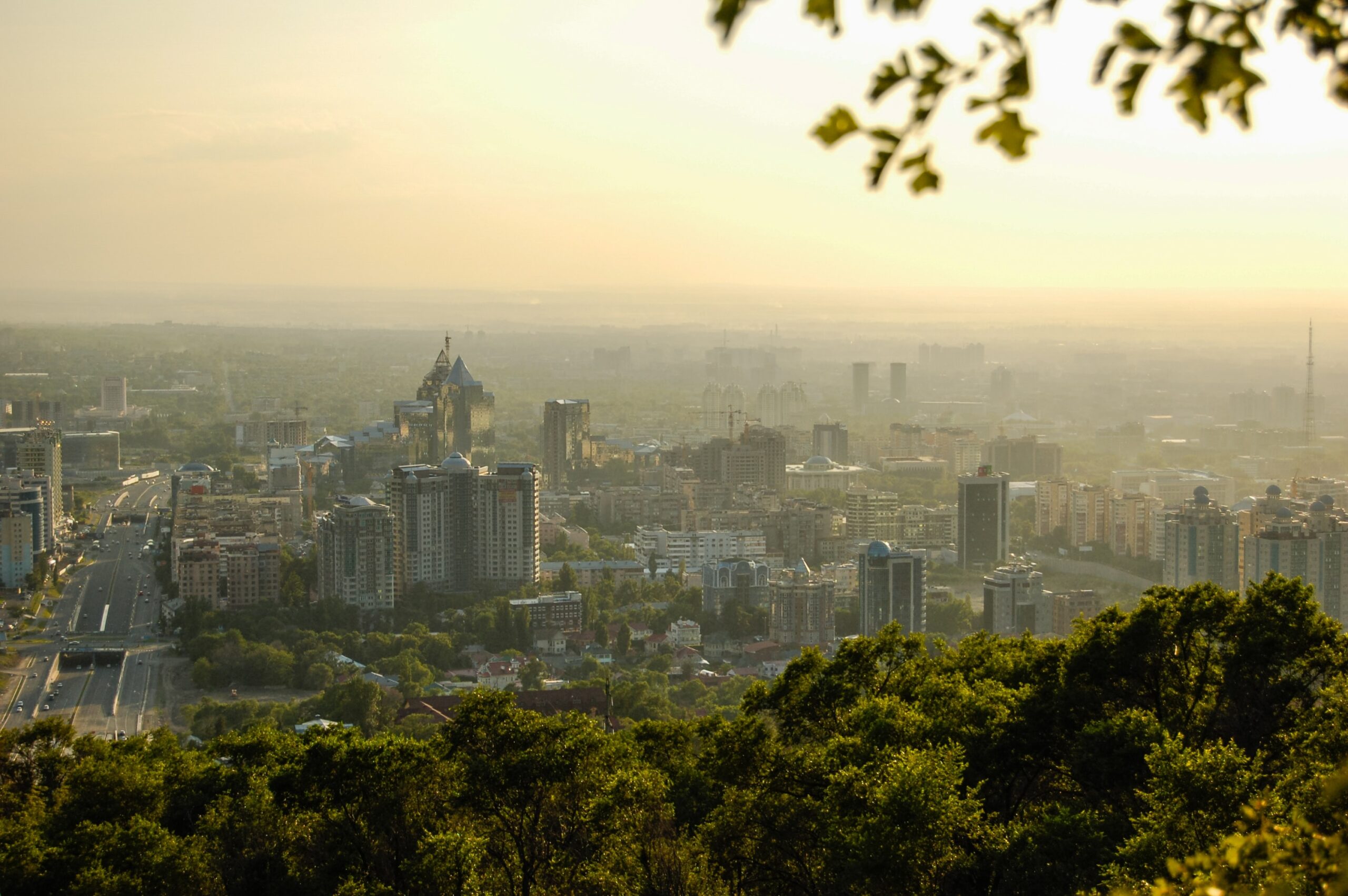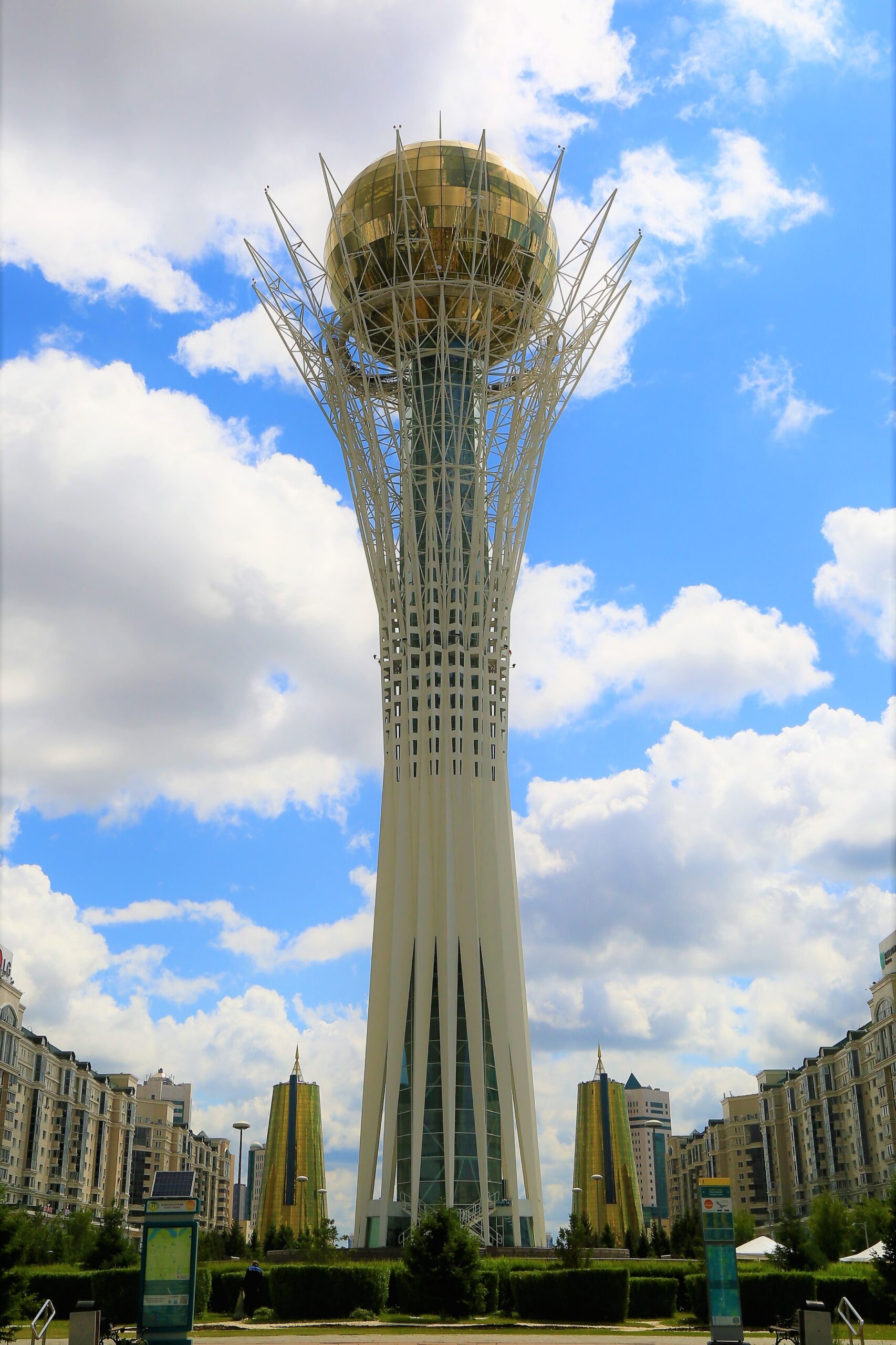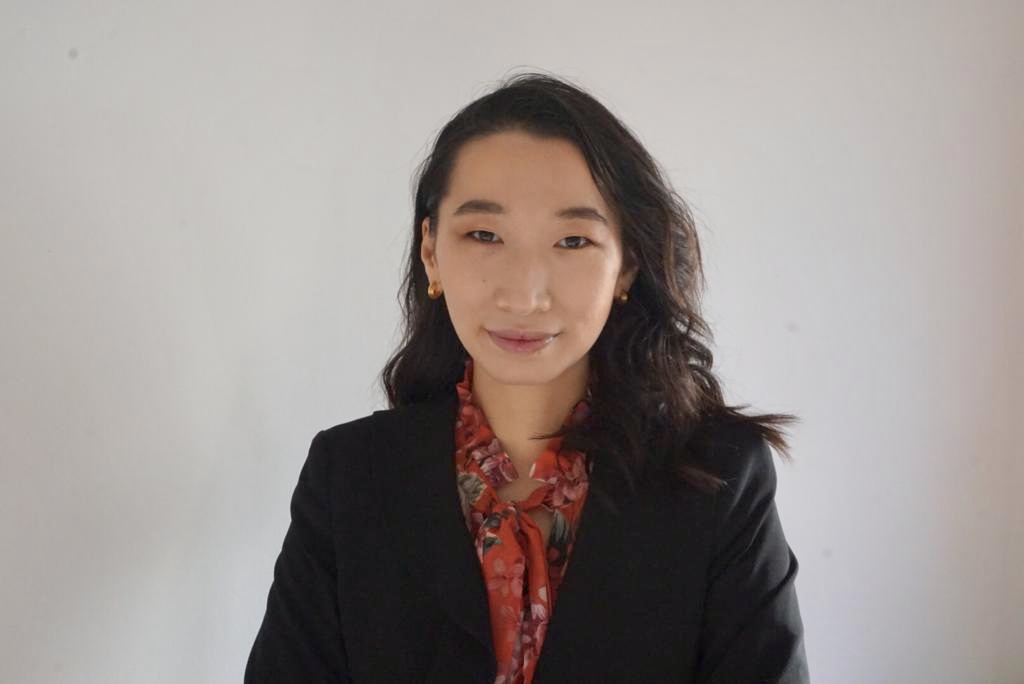Kazakhstan’s Turmoil: Socio-economic grievances and political power struggle
Dr Aliya Tskhay
Research Fellow, University of St Andrews
What happened?
The beginning of 2022 in Kazakhstan will forever remain in its history and people’s memory, as a week of protests, violence and destruction erupted in the country. On January 2 a peaceful protest against the increase of prices for the liquefied petroleum gas (LPG) started in Zhanaozen. Soon after, all around the country protests in solidarity with Zhanaozen spread, reaching not only main administrative centres but also Almaty, the biggest city in Kazakhstan. Initial response of the political authorities with re-introduction of the price-cap of the LPG and subsequent dismissal of the government did not satisfy the protesters. The demands spanned from decreasing the prices of the LPG to other economic and even political reforms. On January 5 the peaceful demonstration in Almaty was hijacked by groups of young men that attacked law enforcement officers, administrative buildings, and looted banks and shops. It is not yet clear how many different groups were there, who was the organiser (if there was one) of looting and violence, or where these groups came from. The unprecedented level of violence experienced by the people of Almaty and the horrifying images of the buildings in flames were a signal for the authorities to act swiftly. Situation in the country was complicated with a complete shutdown (especially in Almaty) or intermittent availability of Internet. This resulted not only on the restricted information flow, but also complications for daily transactions, such as contactless payments in the shops. The closure of banks and any financial services for several days also put challenges in accessing cash. Overall major food shortages were avoided, even though some of the grocery stores were completely looted, small shops were closed, and delays in delivery occurred. President Kassym-Zhomart Tokayev introduced a two-week state of emergency and curfew, and declared that the country was under attack from terrorist groups. He also held urgent meetings with the heads of state of Collective Security Treaty Organisation (CSTO) and asked for the support in the form of peacekeeping force. Over several days, clashes between armed groups and Kazakh forces continued in Almaty and other cities, until the situation was taken under control and stabilised by January 11.

Photo by Alexander Serzhantov on Unsplash
Background into the protests and political situation
It is hard to provide a thorough analysis of the events in Kazakhstan, not only due to its recent nature, but also to the absence of reliable information. There are several issues one should be aware of. First, the protest movements are not new in Kazakhstan and over the last ten years there were several big expressions of societal dissatisfaction with the policies and reforms that the government was pursuing (or failing to pursue). Second, the beginning of the current protests in Zhanaozen is symbolic for several reasons, as it is the region where most of Kazakhstan’s oil is produced and where in 2011 violent clashes between police and oil workers occurred. Third, it is absolutely necessary to distinguish different groups that were on the streets in Almaty. Legitimate peaceful protesters were hijacked by the organised criminal gangs and looters. Fourth, the discussions of the internal political elite struggle are only speculative at this stage. The arrest of Karim Massimov, the Head of National Security Service, and his deputies on the charges of treason and attempted coup d’etat is the first indication of the change of the personnel from the inner circle of Nursultan Nazarbayev, the first president, and hence a shift in the composition of governing bodies in the country. Yet, the newly appointed government only changed a third of its members and some familiar faces, associated with Nazarbayev and his family, are still present. Several former members of the government were appointed as advisors either to the President or to the Prime Minister. It is presumptuous to expect major changes in the political establishment of the country in the immediate future. The removal from public offices of Nazarbayev’s sons-in-law is the tip of the iceberg. A close attention should be given to the discussions of further privatisation of the state companies, and the future of the assets under control of the Nazarbayev’s family members.

Photo by ekrem osmanoglu on Unsplash
Future prospects
If the attempt to analyse the events in Kazakhstan is challenging, it is even harder to give any predictions on the future of the country. With the appointment of the new government and special commission on the investigation of the crimes that took place in the country, there is a hope that certain reforms would start to take form. The people of Kazakhstan will expect the government to deliver on the promises and to see the real change in the well-being. This would require not only micro- and macroeconomic reforms, but even more urgent structural political and institutional reforms. The accumulated economic hardships over the decades together with the economic stagnation due to the COVID-19 pandemic brought tremendous pressure on the livelihoods of millions of vulnerable people. It is, thus, the wider issues of prices, inflation, unemployment, and salaries that need to be addressed.
The current crisis in Kazakhstan also reveals ruptures in the political order in the country. The issues of police behaviour and reaction to protests, human rights protection, access to Internet that was disrupted for five days, freedom of media and journalists to report on the events, and other political reforms are equally part of the development of the country in the future. In his address to the nation on January 11, President Tokayev has announced a list of areas to be given special attention (fiscal policies, customs, security service organisation, trade imbalance, and economic diversification) and for the first time in history admitted that some government decisions were not necessarily correct one. The newly formed government is also expected to soon present its roadmap for reforms. More political reforms are to be announced in September by Tokayev at the annual State of the Nation Address.
Last, but not least, the events in Kazakhstan have wider geopolitical implications. The involvement of the CSTO peacekeepers re-emphasises important strategic relations between Kazakhstan and its neighbours, and primarily Russia. The crisis also reflects on the relationship with foreign investors and the future of infrastructure projects in the country. Investors would need reassurances on the favourable business climate. Perhaps, the most striking commentaries that were made in the aftermath of the events in Kazakhstan is the likelihood of similar scenarios happening in other Central Asian states. Yet, what we have witnessed in Kazakhstan, is that putting aside the economic hardship of vulnerable groups and not listening to popular demands can have explosive repercussions, and thus, not just relevant for Central Asian states but wider Eurasian region.
Author biography

Dr Aliya Tskhay is a Research Fellow at the School of Management at the University of St Andrews, United Kingdom. She holds a PhD in International Relations from the University of St Andrews. Dr Tskhay’s research focuses on the study of the global energy sector and, particularly within the Eurasian region, including but not limited to the regional integration processes in Eurasia, the net-zero targets, carbon-negative technologies, and energy transitions. In her work, Dr Tskhay covers topics such as energy security, development of nuclear energy, energy geopolitics, and sustainable development of energy resources.




Recent comments